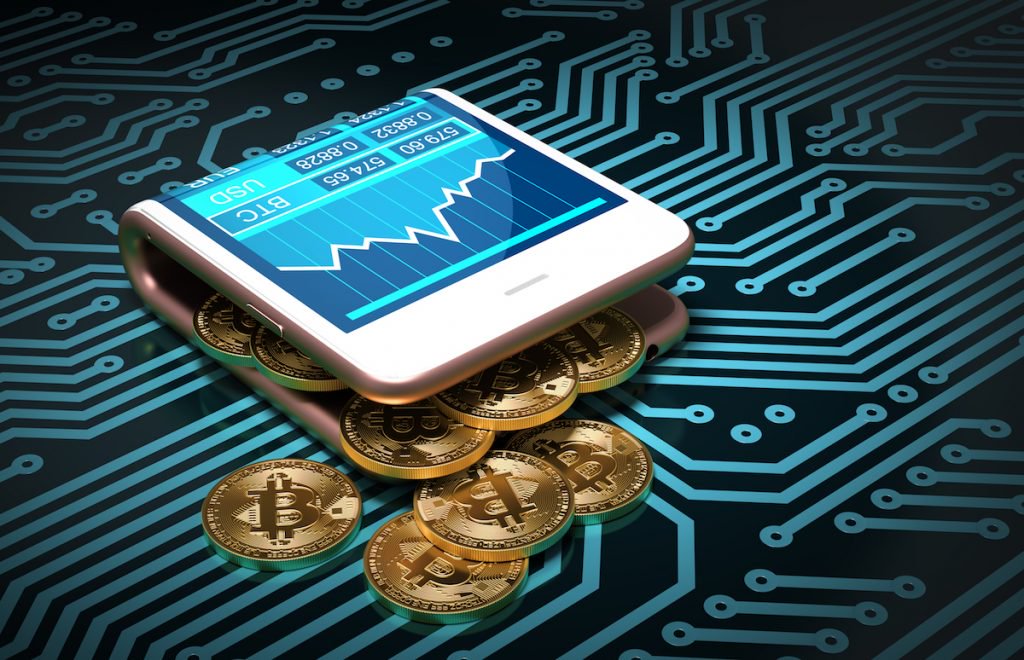Bitcoin is not fiat currency, and presently only has monetary

Conversion remains a significant obstacle on the vendor side of things value if it can be converted to its cash equivalent. Few merchants are bitcoin investors themselves, willing to exchange cryptocurrency for cryptocurrency. They’re looking for payment in dollars or whatever the local currency is, so any exchange of goods for bitcoin also necessarily involves an exchange at sometimes volatile rates.
Implementing this at the point of sale can be difficult. While large companies like Starbucks may be willing to partner with other companies to facilitate the exchange, there’s not yet a compelling reason for smaller companies to do it unless their owners have a personal interest in promoting the use of bitcoin.
Legal Obstacles on the Blockchain
As for the other big obstacle some bitcoin holders face when it comes to spending their cryptocurrency, this one may be insurmountable for the time being. Some countries are prohibiting bitcoin transactions, citing its untraceable nature and its reputation as the currency of choice for criminal activities like terrorism or the drug trade as the main reasons why.
Vietnam is one of the most recent countries to outlaw bitcoin transactions. Its state bank declared bitcoin and other cryptocurrencies an illegal form of payment, with violators subject to heavy fines.
This ruling follows China’s recent clampdown on bitcoin trading and exchange sites and its prohibition of Initial Coin Offerings – a new method of raising capital where businesses offer cryptocurrency instead of shares.
Bangladesh, Bolivia, Ecuador and Kyrgyzstan have banned the use of bitcoin as well. In the United States, the Securities and Exchange Commission is debating whether to introduce new regulations for cryptocurrency markets, and many powerful players in the financial industry have publicly expressed a dim view of bitcoin, likening it to yet another economic bubble that will eventually burst.